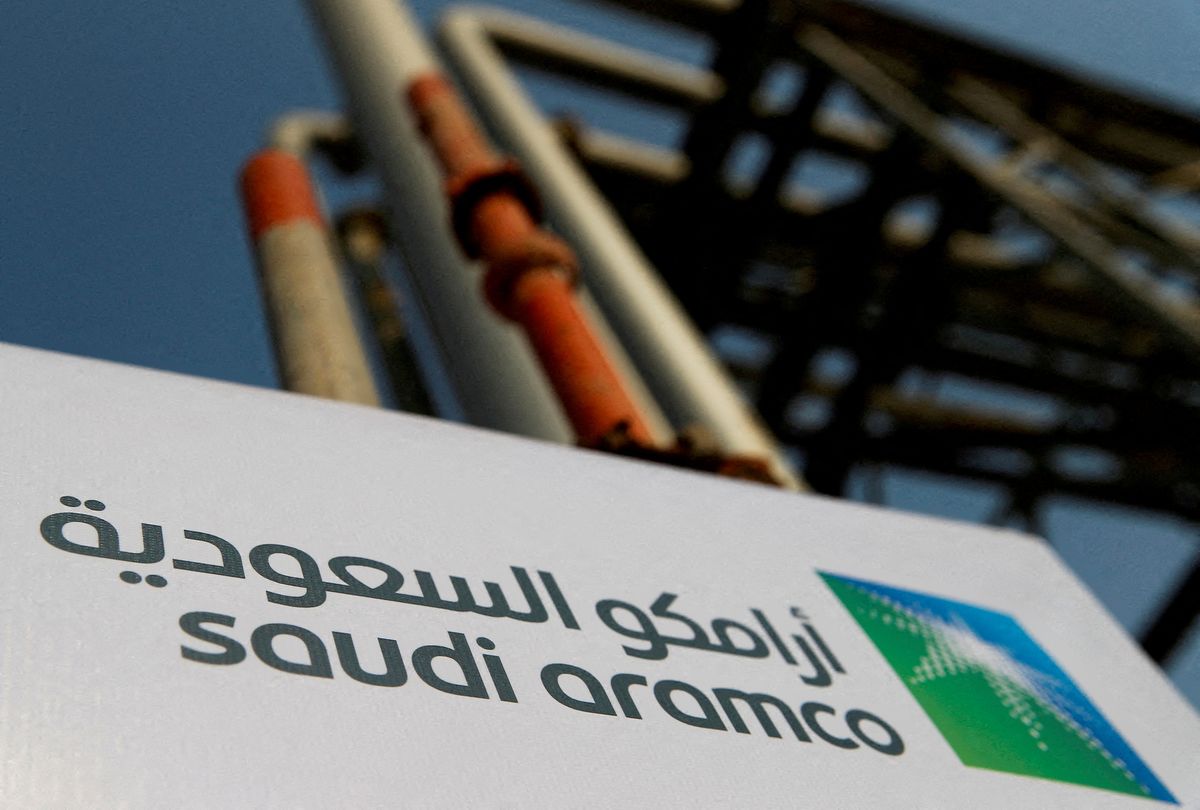Saudi Arabia and UAE strengthen bonds with China with economic partnerships
Gulf powers like Saudi Arabia and the UAE have been looking for new partnerships to reduce their reliance on the US.

A few minutes every morning is all you need.
Stay up to date on the world's Headlines and Human Stories. It's fun, it's factual, it's fluff-free.
The backstory: Gulf powers like Saudi Arabia and the UAE have been looking for new partnerships to reduce their reliance on the US. You see, these countries have faced pressure from the US to increase oil production, but they’ve taken a different approach. They instead have decided to cut oil output, saying this is aimed at stabilizing the oil market amid inflation and central bank interest rate hikes. But, the US said this drove up oil prices, which also helped Russia as a side effect.
When it comes to the China-Gulf relationship, trade plays a big role, especially in the oil sector. Just look at the numbers. According to Bloomberg, commercial exchanges between Saudi Arabia and China have grown significantly over the past 30 years. From 1992 to 2022, the trade volume increased from US$834 million to US$117 billion. Similarly, bilateral trade between the UAE and China has surged from US$1.15 billion in 1992 to US$107 billion in 2022.
More recently: In December, Chinese President Xi Jinping's visit to Saudi Arabia resulted in the signing of 34 agreements across various sectors, including green energy, technology and transportation. President Xi regarded this visit as a groundbreaking diplomatic initiative in the Arab world.
The energy ties between the Gulf countries and China have also reached new heights. In March, Saudi Arabia secured a US$3.6 billion deal to acquire a 10% stake in China's Rongsheng Petrochemical.
Just last month, Riyadh hosted an Arab-Chinese business gathering, where thousands of entrepreneurs and government officials from China met. The Saudi government announced signing memorandums of understanding (MOUs) worth over US$10 billion. Among these agreements was a US$5.6 billion deal with a Chinese electric vehicle (EV) maker called Human Horizons.
The development: One major upcoming deal to watch out for is the Chinese-owned seed giant Syngenta Group's planned US$9 billion IPO in Shanghai. Behind the scenes, there are reportedly discussions that Middle Eastern sovereign funds, like the Abu Dhabi Investment Authority and Saudi Arabia's Public Investment Fund, might jump in as big investors.
On another note, Abu Dhabi's Mubadala Investment is actively exploring investment opportunities in China. It's got a US$280 billion wealth fund to back it up, and its CEO said in January that it would look to boost investments in Asia. Saudi Arabia also considers China an essential partner for its ambitious Vision 2030 plan. Chinese firms are securing contracts left and right in the country, especially for the development of the futuristic city of NEOM.
Key comments:
“I don’t ascribe to this zero-sum game,” said Saudi Foreign Minister Faisal bin Farhan in a June press conference with US Secretary of State Antony Blinken when he visited Saudi Arabia. “I think we are all capable of having multiple partnerships and multiple engagements, and the US does the same in many instances.”
“Now they’re realigning their foreign policies to serve their economic agendas,” said Hasan Alhasan, a Bahrain-based researcher. “They’re going to prioritize relations that are going to serve their national economic visions.”
“With regard to China, we’ve also been very clear we’re not asking anyone to choose between the United States and China,” said US Secretary of State Antony Blinken in June. “We are simply trying to demonstrate the benefits of our partnership and the affirmative agenda that we bring in what we’re trying to do.”
“China is going to progress pragmatically with Saudi Arabia on revitalizing our respective civilizations. We will deepen cooperation on production capacity and basic infrastructure and in strengthening trade, investment and financial relations, in order to help diversify Saudi Arabia’s economic development,” said Hu Chunhua, vice-chairman of the Chinese People’s Political Consultative Conference (CPPCC).




Comments ()